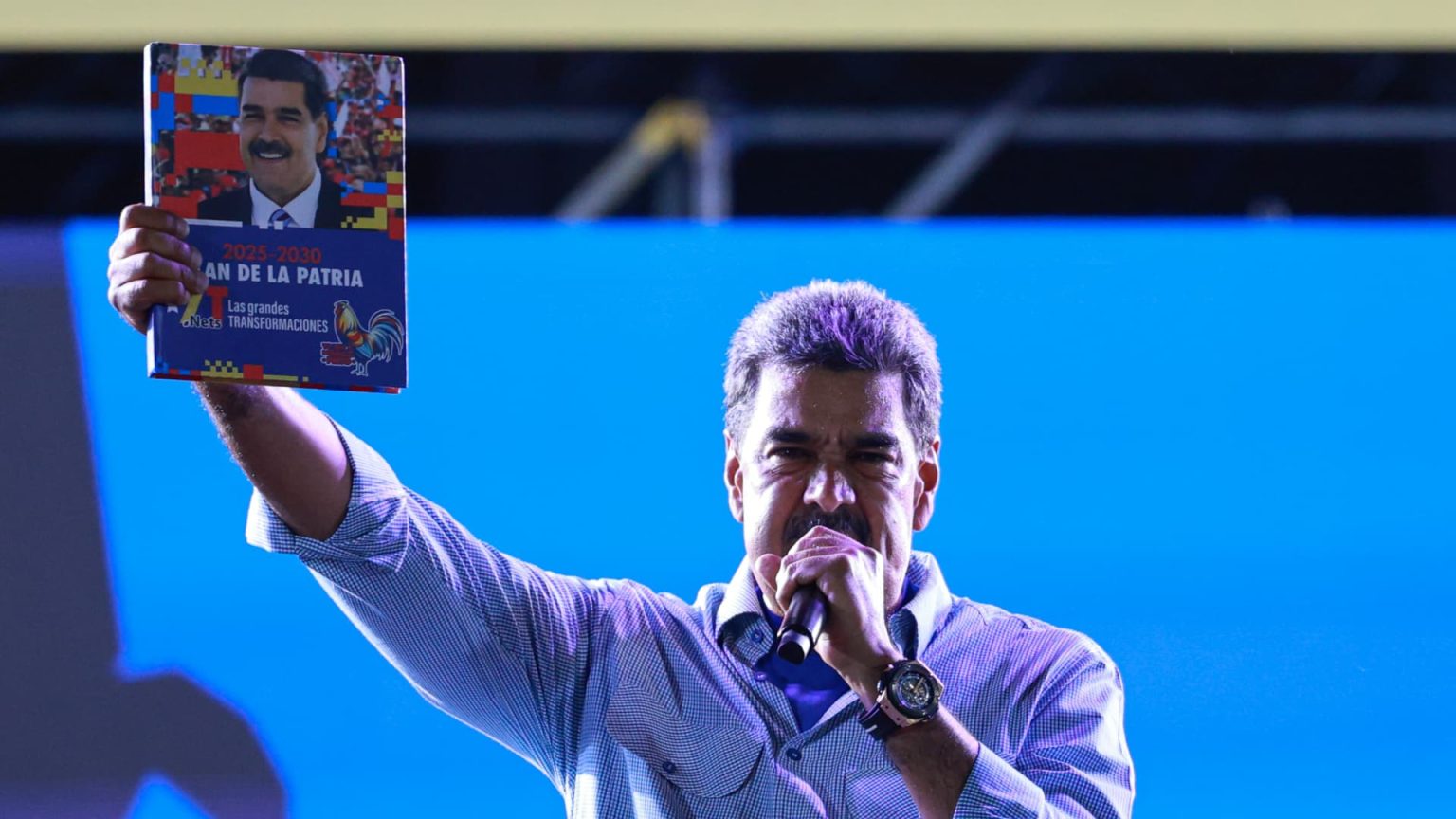Venezuelan President Nicolas Maduro and opposition rival Edmundo Gonzalez were both claiming victory in a presidential election marked by accusations of underhand tactics and isolated incidents of violence. The country’s electoral authority announced that Maduro had won a third term with 51% of the vote, while Gonzalez received 44%. Despite earlier exit polls indicating an opposition win, Maduro stated that his reelection is a triumph of peace and stability. He plans to hold a “great national dialogue” and reiterated his campaign’s assertion of transparency in Venezuela’s electoral system.
Opposition leader Maria Corina Machado insisted that Gonzalez had secured 70% of the vote, based on multiple exit polls and quick counts. She called for the country’s military to uphold the results of the vote, emphasizing that the people do not want Maduro in power. The opposition has copies of approximately 40% of voting records and urged the military to align with the will of the people. However, Venezuela’s military has historically supported Maduro, and there have been no public signs of divisions within the armed forces.
Violence marred some polling places, with ruling party supporters and opposition backers engaging in scuffles outside voting locations. Reports of ‘collectives,’ armed motorcycle-riding ruling party supporters, causing disturbances in multiple states were received. Tragically, one man died from a gunshot wound in Tachira during an altercation outside a polling station. Despite the incidents, the attorney general assured that voting had been mostly peaceful. Maduro’s government had warned of a “bloodbath” if he lost the election, but these fears did not materialize on a large scale.
Maduro’s government has presided over Venezuela’s economic collapse, mass migration, and strained diplomatic ties due to sanctions imposed by various nations. Critics blame Maduro for the country’s dire situation, while supporters see him as a continuation of late President Hugo Chavez’s legacy. Maduro, who voted early in the day, vowed to guarantee peace and economic growth if reelected. He has the backing of many Chavez loyalists, who view him as Chavez’s rightful successor.
The opposition figures represented by Gonzalez and Machado promised a fresh start and major changes if elected. They suggested that a victorious outcome could motivate migrants to return to Venezuela. However, 46 individuals were arbitrarily detained in connection with the elections, and concerns about political persecution remain. Migrants worldwide reported difficulties registering to vote, and only a small portion of the significant Venezuelan diaspora was able to participate in the electoral process.
Concerns were raised by international figures, as U.S. Secretary of State Antony Blinken expressed doubts about the election results reflecting the will of the Venezuelan people. He urged electoral authorities to publish detailed vote tabulations to ensure transparency. Despite the controversy surrounding the election, Maduro, declaring victory, emphasized his commitment to dialogue and stability in the nation. As Venezuela grapples with political turmoil, economic hardships, and internal divisions, the outcome of the presidential election will have far-reaching consequences for the country and its future.












